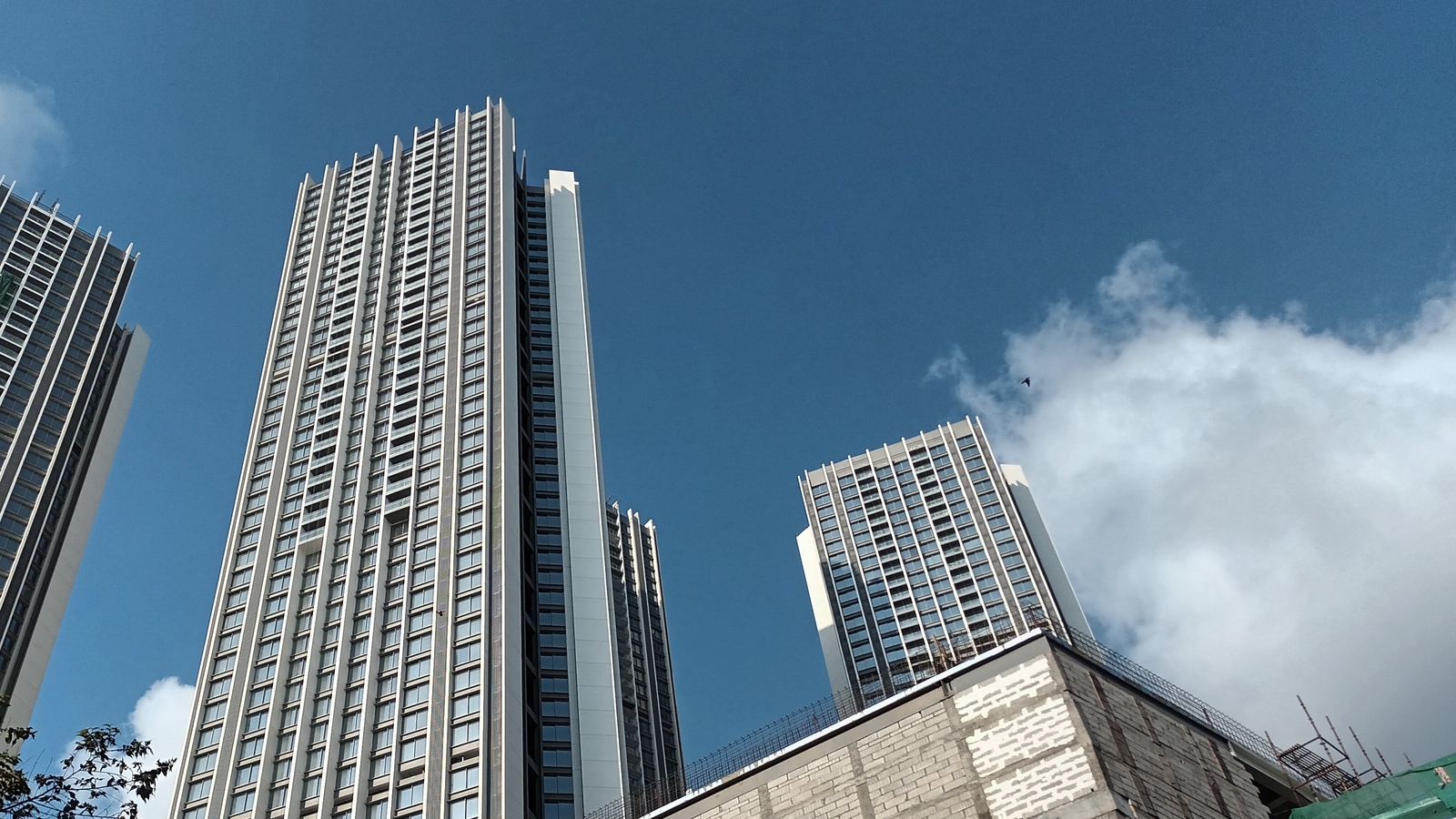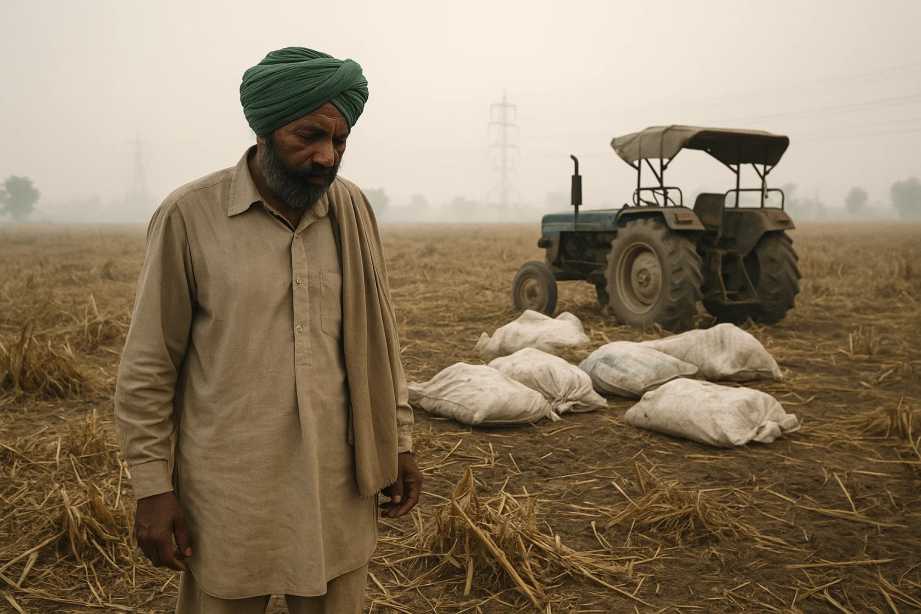The sanction is part of a mid-year review of Punjab's current NHM budget. It will enable the state to act on urgent health requirements without having to wait until the next financial cycle. This brings Punjab's total health mission budget for 2025-26 to 1,841.65 crore.
How Will the Extra Funds Be Used?
The amount that has just been sanctioned is not an addition to the total NHM grant. It is a judicious re-allocation of unused funds from earlier years. The concept is basic. If certain funds allocated for equipment, buildings, or other schemes remained unutilized, they can now be utilized for urgent requirements.
Here's what Punjab intends to do with the 23.22 crore:
- 19.31 crore for nutritional support to TB patients under the Nikshay Poshan Yojana.
- 2.82 crore for conducting awareness drives and screening camps for the prevention and early detection of TB.
- 55 lakh for the procurement of Albendazole tablets. The tablets will be used for deworming more than 22 lakh children on National Deworming Day.
- 49 lakh for enhancing mental health services under the Tele-MANAS helpline. It includes recruitment of additional counsellors and psychologists.
- These are programs designed to meet immediate health challenges that have a clear bearing on individuals' lives.
Health Issues that Demand Attention

There are ongoing health issues in Punjab, like most other states. TB still impacts thousands annually. Malnourishment in TB patients usually complicates healing. Likewise, mental needs have been increasing, particularly in the wake of the pandemic, and professional assistance has been in high demand.
Child health is also a sector where the state is trying its best to show some improvements. Deworming on a regular basis might not seem like much, but it helps a great deal in preventing anaemia as well. It helps children grow better ovrall.
"Spending money is not the issue here; it's how to spend it where it is most needed," a top health department official of Punjab said. He also said that with these additional resources, programs can be scaled up to touching people's lives. It can be providing nutritional assistance to a TB patient or bringing mental health services within reach.
How Did the Extra Funds Come About?
Notably, this money is not 'new money'. In the past few years, some budgeted funds for projects such as civil works, equipment procurement, or development of infrastructure went unused. Punjab government asked to shift the unused funds to other priority sectors. This reallocation mechanism under NHM can respond to changing health needs without awaiting new funds.
End of the Funding Impasse
It should be mentioned that Punjab's health funding had encountered bad times in the recent past. There had been a face-off between the Centre and the state government regarding the branding of Aam Aadmi Clinics. Due to this, the release of NHM funds is pending.
As per NHM guidelines, health centers funded by the center need to have national-level branding. But Chief Minister Bhagwant Mann's photographs on clinic boards caused a standoff.
Fortunately, the matter was settled last year. Punjab consented to rebrand the clinics under the name Ayushman Arogya Kendras, which would be in line with national standards. With that settled, money started flowing again, and the stage for new reallocation was set.
What does this Mean for the Public
- For Punjabis, particularly rural or underprivileged ones, these changes make a tangible difference.
- TB patients will receive monthly nutrition. This will not only speed up their recovery but also cut down on disease transmission risks.
- Increased TB screening camps and awareness programs translate into early detection and treatment. It is a matter of saving lives.
- Kids will be helped by the deworming drive, enhancing their nutrition and development.
Mental health care through Tele-MANAS will also become more accessible. It will provide assistance to individuals suffering from stress, anxiety, or other concerns. The department of health has also assured that these initiatives will be under close observation. It will be done in order to make efficient use of funds and for sending actual benefits to the people.

In addition to these additional funds, Punjab aims to increase its network of urban health centres. The state government is also in the process of establishing more than 200 new Ayushman Arogya Kendras.
These will be offering basic healthcare facilities, such as screenings, immunisation, and treatment of common diseases. Authorities feel that with improved coordination between the Centre and the state can can significantly improve Punjab’s public health system.
Smarter, More Responsible Spending
Experts argue that Punjab's case indicates an emerging trend in India's public health strategy. It is a strategy inclusive of one of increased budgets, improved and responsible expenditure.
Punjab's sanction of additional funds under the National Health Mission is a welcome move to make healthcare more accessible. It will male the health sector focused and efficient. Even as problems persist, the state's initiative to prioritize nutrition for TB patients, mental health care, and child welfare indicates a desire torevise and take note of needs in real time.
With the state progressing further, both the central and state governments will have to work for transparency. They have to foster correct implementation and coordination. If implemented correctly, all these measures can contribute significantly towards better health. And will ensure well-being for millions of Punjabis.













